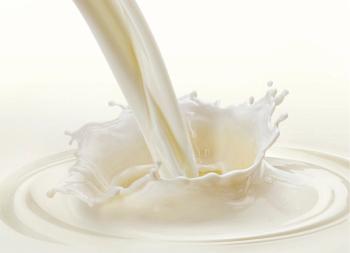
|Slideshows|April 26, 2017
- Nutritional Outlook Vol. 20 No. 3
- Volume 20
- Issue 3
2017 Phospholipids Science Update
Author(s)Irfan Qureshi
New studies on krill oil, egg phospholipids, and phospholipid-based curcumin
Advertisement
Articles in this issue
almost 9 years ago
5 Ongoing Sports Drinks Trends in 2017almost 9 years ago
2017 Sports Nutrition Adulteration Updatealmost 9 years ago
2017 Cranberry Update: Should We Focus on PACs or on the Whole Fruit?almost 9 years ago
Natural Products Packaging: Cutting Through the Clutteralmost 9 years ago
Turmeric: Trend, or Here to Stay?almost 9 years ago
New Turmeric Product Launchesalmost 9 years ago
Trends in Healthy Kids Productsalmost 9 years ago
Superfruits Are Super-Resilient in the U.S. Marketalmost 9 years ago
How a Sports Dietitian Recommends Dietary Supplementsalmost 9 years ago
Vitamin D and Emerging Science: Cellular Aging and Cognitive HealthNewsletter
From ingredient science to consumer trends, get the intel you need to stay competitive in the nutrition space—subscribe now to Nutritional Outlook.
Advertisement
Advertisement
Advertisement
Trending on Nutritional Outlook - Supplement, Food & Beverage Manufacturing Trends
1
How GC Rieber VivoMega is adapting fish and algal omega-3 production to a changing market
2
Gluten labeling under review: GFCO on FDA’s Request for Information
3
The role of B6, B12, and folate in one-carbon metabolism and SAMe synthesis
4
Supporting thyroid health with iron
5



